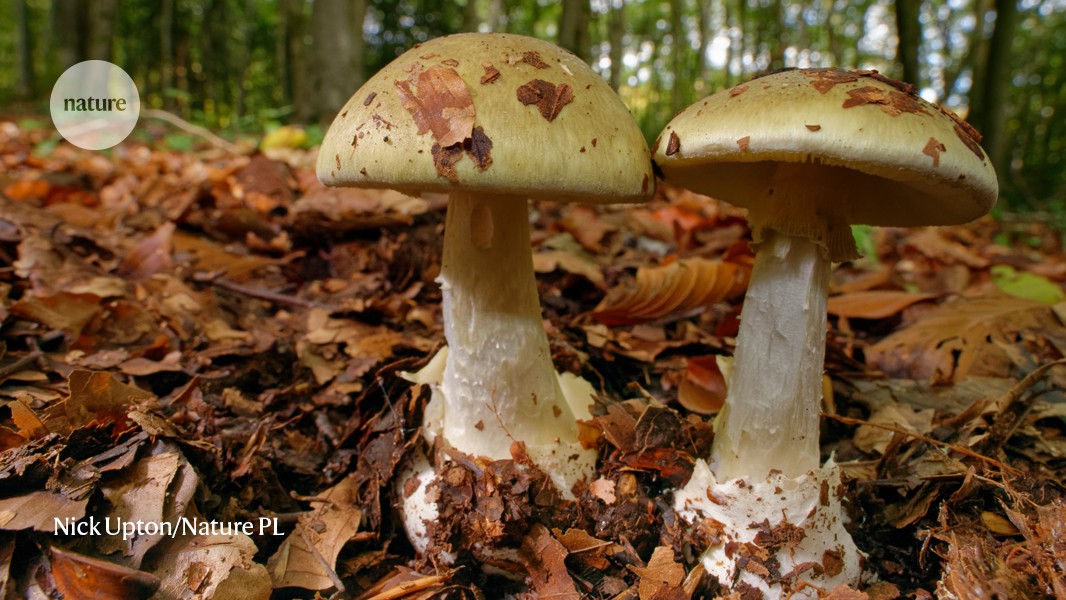- Select a language for the TTS:
- UK English Female
- UK English Male
- US English Female
- US English Male
- Australian Female
- Australian Male
- Language selected: (auto detect) - EN
Play all audios:
Access through your institution Buy or subscribe High-resolution spectroscopy has by now become a staple in the arsenal of techniques used for the characterization of exoplanetary
atmospheres, as it allows the discovery of many atomic and ionic species in hot exoplanets. Zewen Jiang and colleagues expand the chemical catalogue further with the identification of
previously undetected elements with high atomic numbers. Jiang et al. observed the ultra-hot Jupiter MASCARA-4 b with two transits obtained by the ESPRESSO/VLT instrument, specifically
targeting the signatures of heavy elements. In addition to the confirmation of elements found in previous surveys, there are a few intriguing discoveries: a robust detection of rubidium
(Rb), samarium (Sm) and the heavy ions Ti+ and Ba+, and the tentative detection of Sc+. This is a preview of subscription content, access via your institution ACCESS OPTIONS Access through
your institution Access Nature and 54 other Nature Portfolio journals Get Nature+, our best-value online-access subscription $29.99 / 30 days cancel any time Learn more Subscribe to this
journal Receive 12 digital issues and online access to articles $119.00 per year only $9.92 per issue Learn more Buy this article * Purchase on SpringerLink * Instant access to full article
PDF Buy now Prices may be subject to local taxes which are calculated during checkout ADDITIONAL ACCESS OPTIONS: * Log in * Learn about institutional subscriptions * Read our FAQs * Contact
customer support AUTHOR INFORMATION AUTHORS AND AFFILIATIONS * Nature Astronomy https://www.nature.com/natureastronomy Luca Maltagliati Authors * Luca Maltagliati View author publications
You can also search for this author inPubMed Google Scholar CORRESPONDING AUTHOR Correspondence to Luca Maltagliati. RIGHTS AND PERMISSIONS Reprints and permissions ABOUT THIS ARTICLE CITE
THIS ARTICLE Maltagliati, L. Rare-earths on a hot Jupiter. _Nat Astron_ 7, 510 (2023). https://doi.org/10.1038/s41550-023-01986-y Download citation * Published: 16 May 2023 * Issue Date: May
2023 * DOI: https://doi.org/10.1038/s41550-023-01986-y SHARE THIS ARTICLE Anyone you share the following link with will be able to read this content: Get shareable link Sorry, a shareable
link is not currently available for this article. Copy to clipboard Provided by the Springer Nature SharedIt content-sharing initiative






